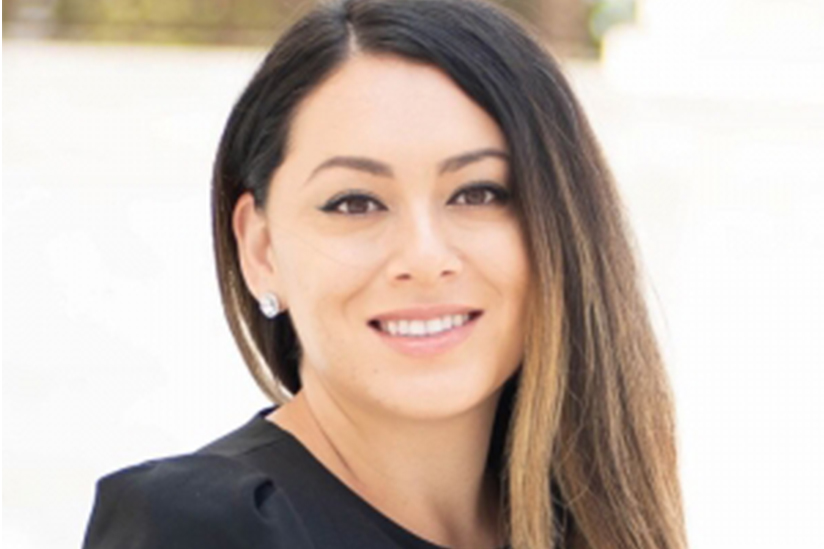As the country celebrates National Native American Heritage Month and the U.S. Supreme Court deliberates on the future of the Indian Child Welfare Act (ICWA), Erika Salinas, PhD candidate at the USC Suzanne Dworak-Peck School of Social Work, is keeping the connection to her Native community the focus of her work.
Salinas is Comanche and Kiowa, and a member of the Comanche Nation. Growing up in Sacramento, California, her mother and father were foster parents under the ICWA, and Native foster children were often placed with their family.
“Looking back, there was definitely a loss of culture with those kids,” Salinas said. One foster child who came to live with her family had been previously adopted by a non-Native family. “He had no idea what tribe he was from,” she said. “That was eye opening to me. I was always involved with my culture and with the Native community in Sacramento.”
Protecting Native American children
ICWA was enacted in 1978 in response to a crisis affecting American Indian and Alaska Native children, families and tribes. According to the National Indian Child Welfare Association, studies revealed that large numbers of Native children were being separated from their parents, extended families and communities by state child welfare and private adoption agencies, and placed outside of their families and communities — even when fit and willing relatives were available.
The intent of Congress, written into ICWA, was to “protect the best interests of Indian children and to promote the stability and security of Indian tribes and families.” ICWA ensures that adoption decisions are made with an emphasis on placing kids with their extended families or communities when possible.
“Culture is a protective factor,” Salinas said. Studies show the positive impact of Native youth being connected to their culture, including lower mental health problems and higher academic achievement.
